BioLite: A Brooklyn Business Making Fire Power Without the Smoke
BioLite is not your average Brooklyn maker company. The 45-person team is building a next-generation personal power grid by creating wood-burning stoves that generate electricity on demand. Located near the Manhattan Bridge in Dumbo, BioLite just received another $5 million in funding and financing. When Brownstoner visited BioLite on a recent summer afternoon, the office was pleasantly humming with conversation about…
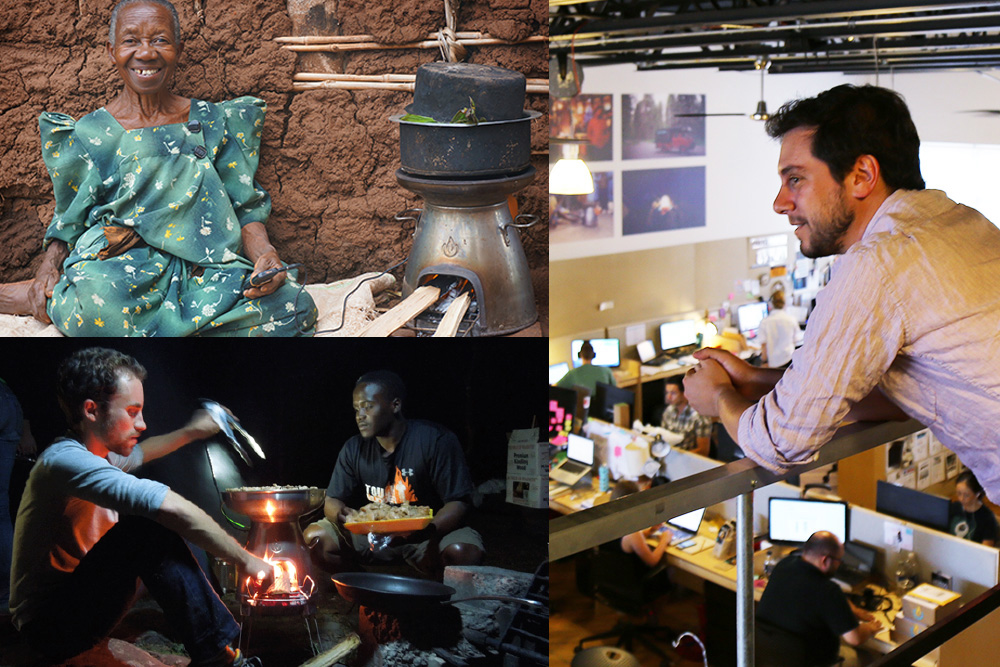
BioLite is not your average Brooklyn maker company. The 45-person team is building a next-generation personal power grid by creating wood-burning stoves that generate electricity on demand. Located near the Manhattan Bridge in Dumbo, BioLite just received another $5 million in funding and financing.
When Brownstoner visited BioLite on a recent summer afternoon, the office was pleasantly humming with conversation about the “Off Grid Office” they’d built upstate near Hudson, N.Y. In the Dumbo lab, engineers measured the thermal output of a cookstove beneath an industrial air hood.
Jonathan Cedar, the company’s banjo-playing co-founder and CEO, says that “the craft of inventing and making physical things is the strongest skill set” of his team. It’s an aptitude that comes in handy when designing camping equipment that crosses over to infrastructure.
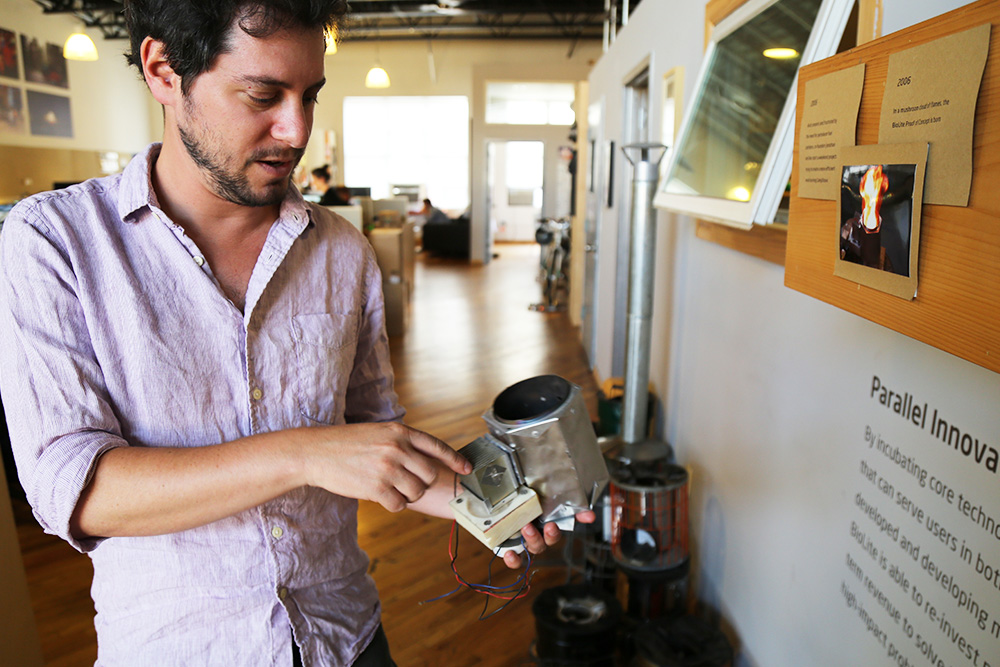
Two Innovations in a New Camp Stove
BioLite began in 2006 as a side project for Cedar and co-founder Alec Drummond. The pair both loved camping but were irked by having to pack tanks of gas for the stoves they used to make meals.
So they designed a new kind of camp stove using two key innovations: an integrated fan that feeds additional oxygen to a wood-burning fire — making it burn hotter and cleaner like gas — and a thermoelectric generator that turns heat from the fire into electricity that then powers the fan.
This meant that users could burn sticks found at a campsite for fuel. And they could use the stove to charge a cell phone or flashlight.
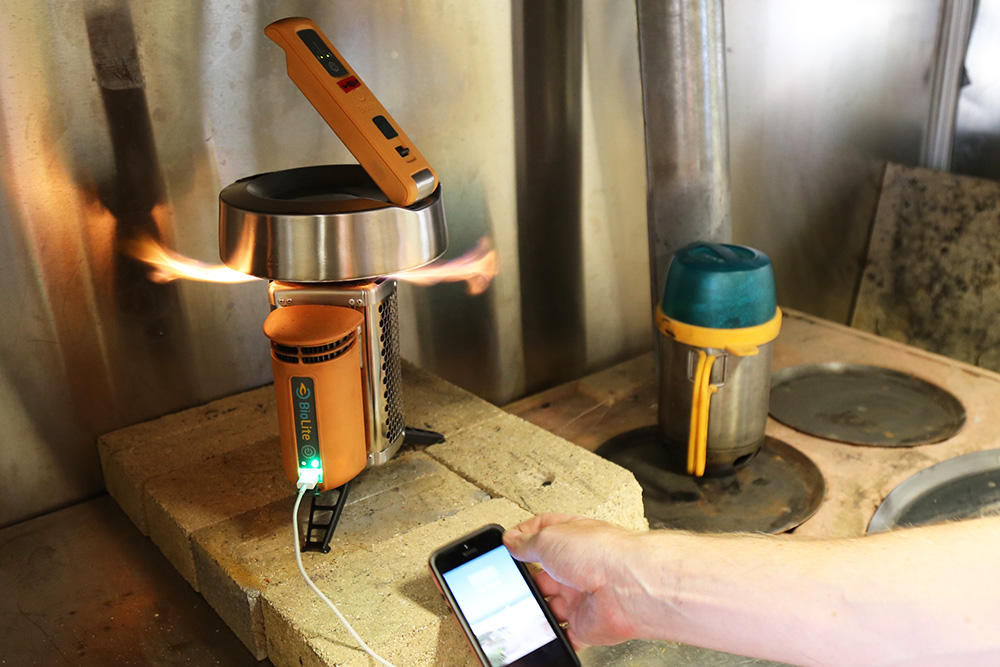
From Camp Stove to Global Cause
In 2008, Cedar and Drummond brought their prototype to a camp-stove conference in Seattle and saw the larger potential for their technology — one that went far beyond weekend campouts. According to the Global Alliance for Clean Cookstoves, the open-flame stoves used by nearly half of the world’s population pose a major health risk.
“Living in the same space as one of those stoves is equivalent to smoking two packs of cigarettes a day,” Cedar told Brownstoner.
The design of their camp stove prototype produced significantly less smoke than the typical cookstove. Cedar and Drummond saw the opportunity for global impact.
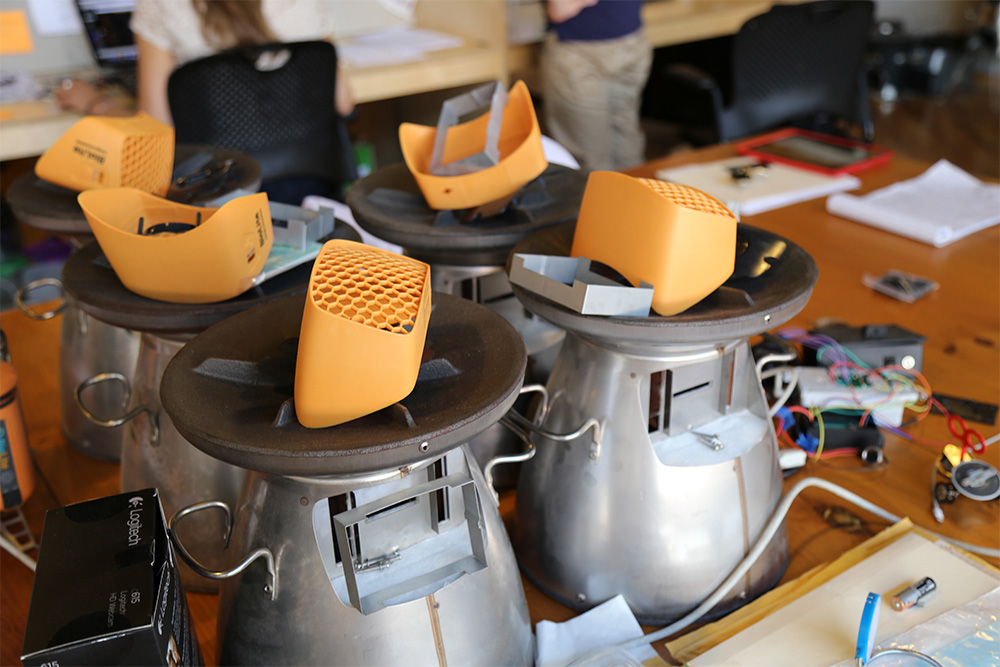
A Dual-Sided Brooklyn Business
The co-founders came up with a novel business strategy that Cedar calls “parallel innovation.” Revenue from the camping side funds the up-front development of cookstoves for emerging markets, and technologies created for the home inform the design of camping products.
“The emerging markets problem is so big. We knew it wasn’t a bootstrap-able product,” Cedar explained. Just launching a new cookstove for the developing world would take a huge upfront investment. “But paired with camping, we could invest deeply in a core technology that creates energy access around the globe.”
BioLite’s HomeStove — funded by sales of the CampStove — produces 94 percent less smoke than the typical cookstove. It was rolled out to regions of India, Uganda and Ghana in 2014.
The HomeStove project is laudable, but it isn’t a charity. “We set out to make something that people would want to buy with their own money,” Cedar explained. “The stoves are convenient, they burn wood, they burn as clean as gas, they charge devices. They have all the merits of a consumer product.”
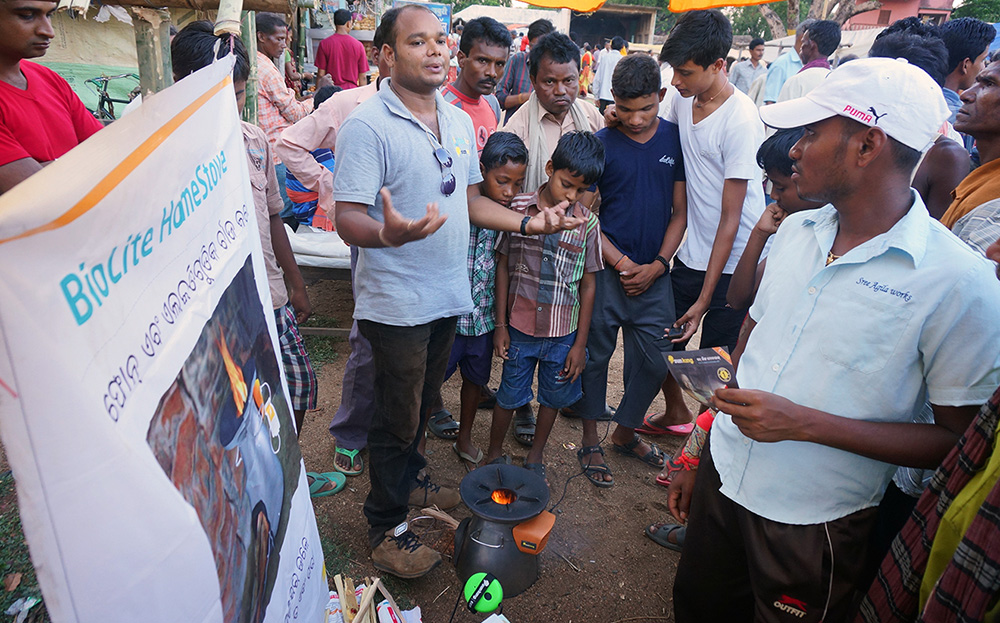
Photo from BioLite
Designing the World’s Next Power Grid
Sitting at a table on the office’s mezzanine level, Cedar explained that BioLite was ultimately an energy company reimagining access to electricity: “How do we re-envision the grid so it’s not expensive infrastructure but affordable to an individual at a bite-sized scale? That’s the challenge.”
According to the International Energy Agency, 1.3 billion people are without access to power. A product like the HomeStove — turning heat into electricity — has the potential to make a significant impact.
But there are benefits to having bite-sized power generators closer to home. Following Hurricane Sandy, BioLite set up CampStoves on the street in Dumbo to charge cell phones after power was knocked out. After the 2015 earthquakes in Nepal, users bought stoves for Batase Village so that people could charge their phones.
BioLite’s latest offering is the NanoGrid, a battery-powered lighting system that can be charged by a stove. Designed with the emerging market in mind, the NanoGrid has also been surprisingly popular with the camping and festival crowd.
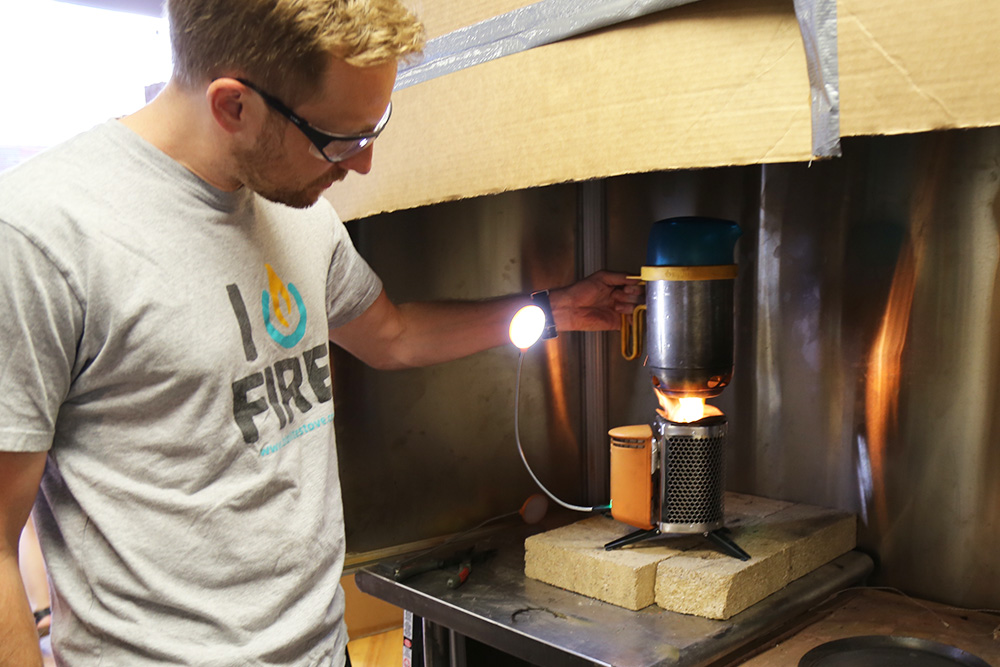
BioLite’s Brooklyn Roots
When asked why he and Drummond chose to base their company in Brooklyn, Cedar immediately replied, “Well, I’m from Brooklyn.”
The fifth-generation Brooklynite likes feeling that the business is a part of the borough’s industrial heritage. “My great-grandfather ran an auto mechanics shop in Brownsville in the ’40s and ’50s,” he told Brownstoner. “And my grandmother’s second husband worked in the Navy Yard.”
Inventing and making physical things is at the core of BioLite’s business. Building the socially conscious components of a next-generation power infrastructure? It feels like a very Brooklyn thing to do.
Brooklyn Makers Coverage [Brownstoner]
Photos at top of Evelyn Mayanja and the Lake George cookout from BioLite
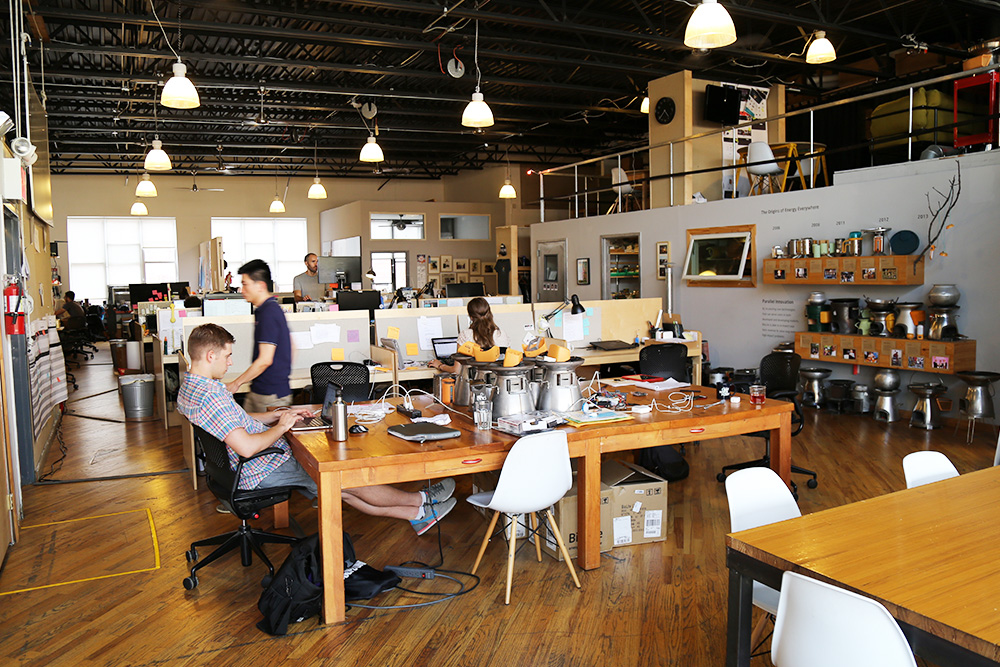


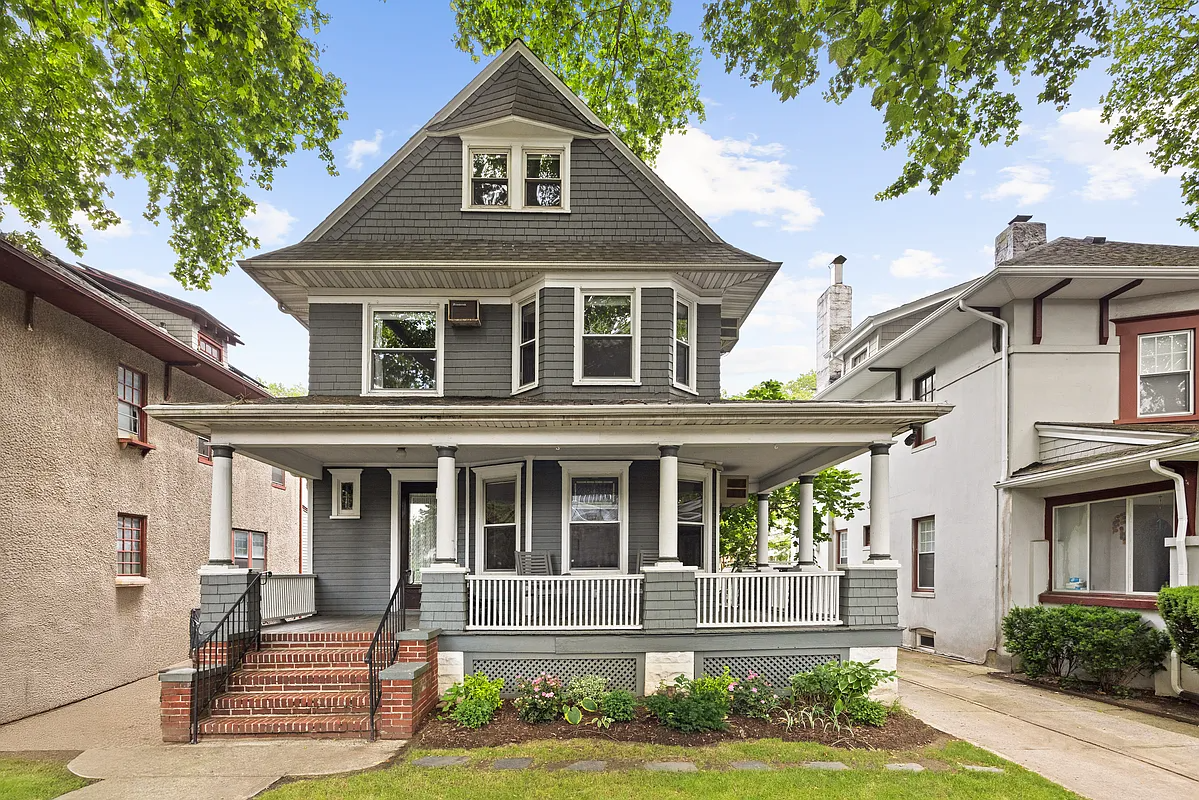
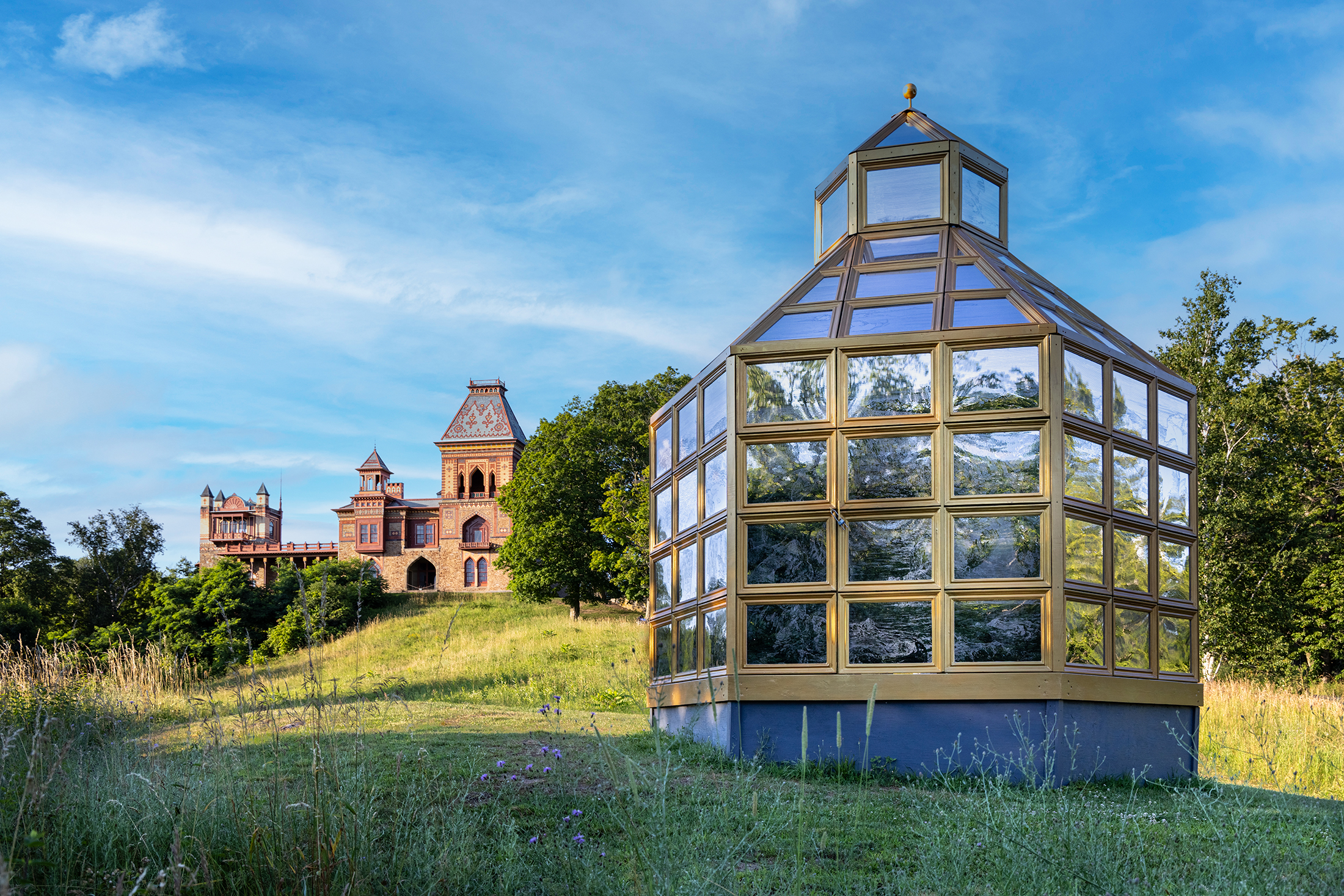
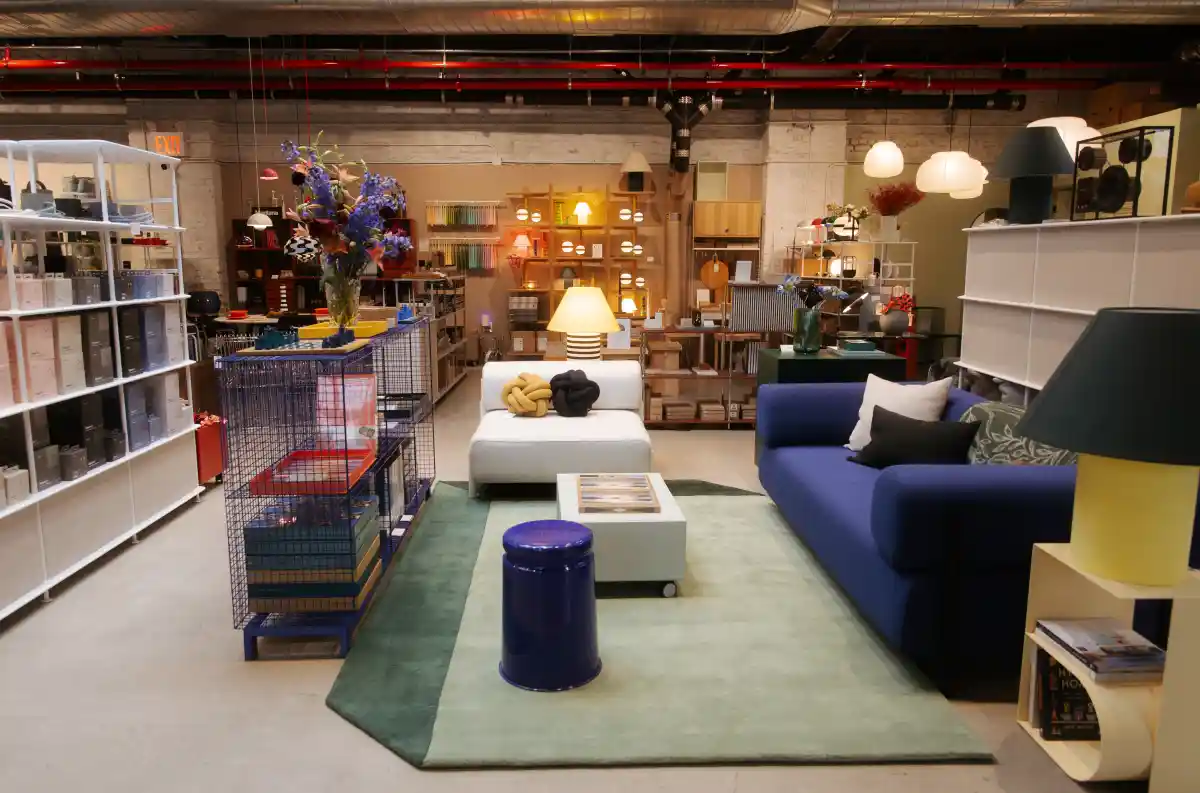
What's Your Take? Leave a Comment